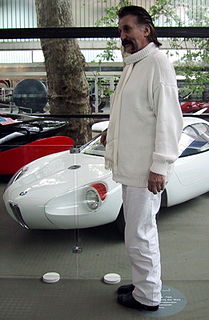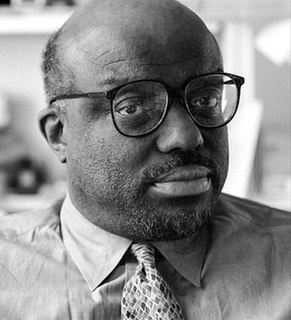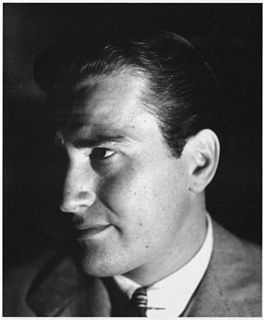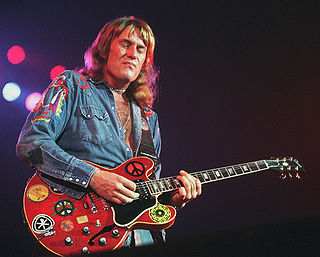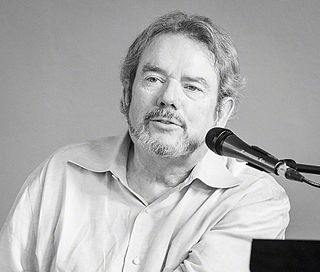A Quote by Luigi Colani
Everybody in Germany was for the -German cause. But then, after the war ended, when I heard the first Glenn Miller sound on the radio and these fantastic American music makers, I turned into a jazz fanatic. They called me Benny, after Benny Goodman. So, all of a sudden, the eyes of young Germans were opened to America - everything American was absolutely at the top of the list.
Related Quotes
Above all else, [Benny Goodman] was a great player, one of the greatest American music has produced. He brought his absolute talent and his invincible love of music to the fore every time he played. There are many other things connected to society and ethnicity that are often mentioned in a discussion of Benny Goodman but all of them are connected to his overwhelming affection for the art of the music and the fairness it should be allowed to express.
The first memory I have was my sisters dancing to the radio when they played records by Benny Goodman and Harry James and of the sort. But the record that got me was a record by Derek Sampson, who was a young guy, called 'Boogie Express,' and it was boogie-woogie. Really, it was on fire, and that got me.
I could turn on my radio in the morning when I was getting dressed for school and hear Frank Sinatra and Duke Ellington and Benny Goodman and think this is the music. Now that music is art. Ellington is art. At that time it was just what you heard on the radio. Cole Porter was just a guy who wrote pretty songs and Billie Holliday would sing them.
America felt victorious and generous after World War II. They had also learned from the mistakes after World War I when they imposed punishment on Germany. What became of Germany? A Nazi dictatorship which threatened the world. Today's Germany doesn't feel as prosperous and generous as America then. But actually, Germany still is very prosperous.
You certainly don't hear any country music on pop radio today. But for a while you did, and it was a lovely thing to have all the different genres of music cohabitating the Top 40 - the folk sound, The Beatles, the British sound, the Motown sounds, that kind of light country - it was a welcome relief after a few hard rock records. Everyone was sharing the airwaves, and I think it was a beautiful time for American music.
